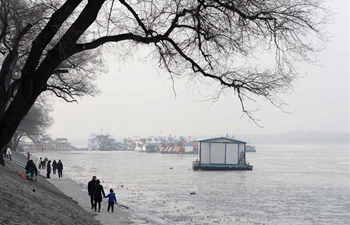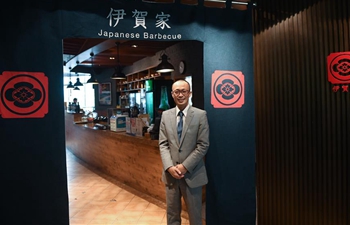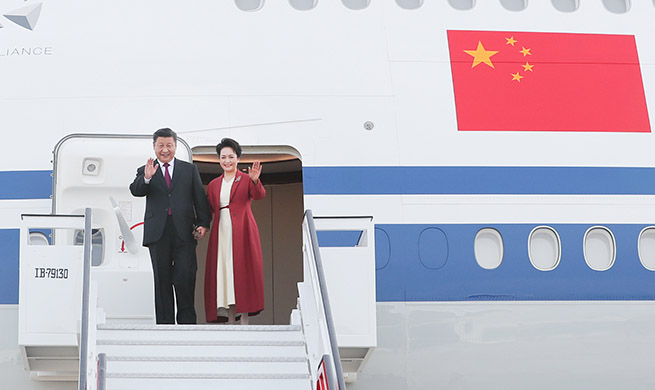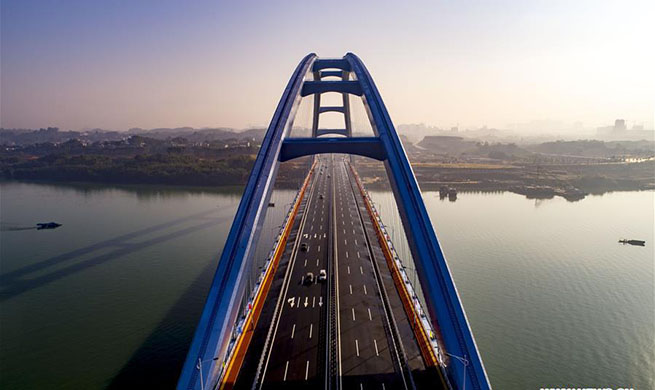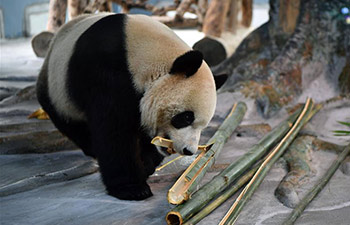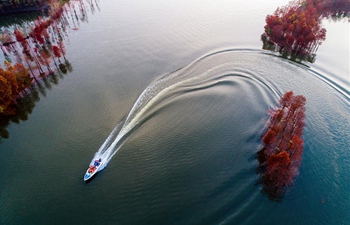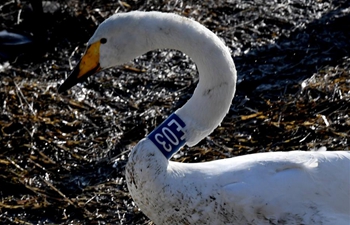NAIROBI, Nov. 27 (Xinhua) -- Robust aquaculture in Africa is key to alleviating hunger and malnutrition amid declining crop yield linked to climate change and shrinking arable land, a senior UN Food and Agriculture Organization (FAO) official said on Tuesday.
Manuel Barange, director of fisheries and aquaculture department at FAO, said during the inaugural Blue Economy Summit underway in Nairobi that incentivizing African small-holder farmers to engage in fish farming will boost food security and their incomes.
"Small-scale fisheries play a vital role in securing nutritious food and incomes for low income groups. It can be scaled up in Africa but there should be supportive policies and infrastructure," said Barange.
Barange noted that fisheries and aquaculture are a critical component of the blue economy whose growth could contribute to food security and shared prosperity in Africa.
The FAO official said that aquaculture in Africa has potential for growth subject to state incentives to ensure small-holder farmers have access to fingerlings, capital, storage facilities and markets.
"For small-scale fisheries sector to work, governments must streamline the value chains to minimize post-harvest losses," said Barange, adding that demand for fish has gone up across Africa as communities diversify dietary habits.
According to the FAO, an estimated 50 percent of fish consumed globally that translates into 80 million tonnes is harvested from the farms.
Barange said that FAO and partners have supported the establishment of dozens of fresh water hatcheries across the East African region that have transformed livelihood of small-holder farmers.
Jackline Uku, a researcher with Kenya Marine and Fisheries Research Institute, said that aquaculture has gained traction in Sub-Saharan African region as an alternative to food crops given its enormous nutritional and financial benefits.
"We need to make our aquaculture sustainable by investing in research, infrastructure, farmers training and better market linkages," said Uku.
She noted that Kenyan counties have revolutionized aquaculture through enactment of friendly policies alongside provision of subsidized fingerlings to small-scale farmers.



